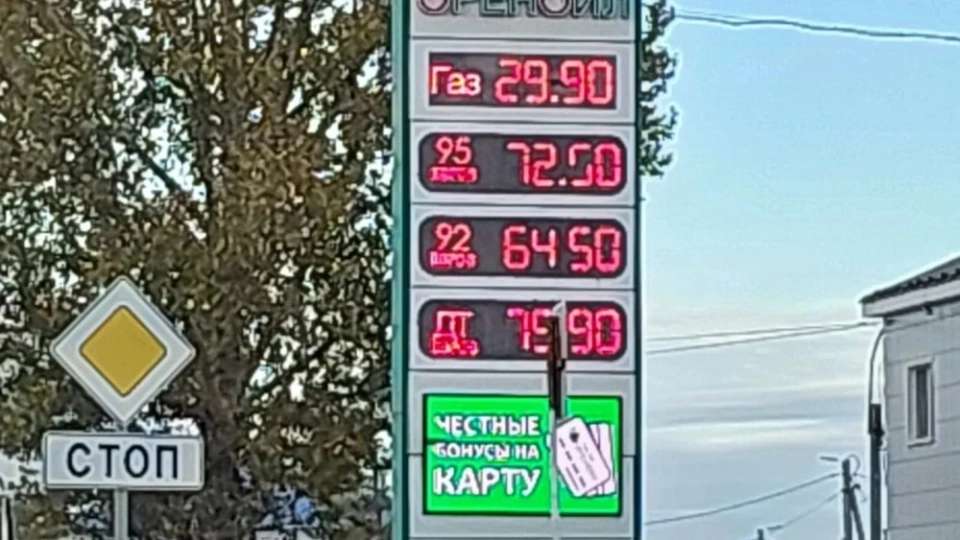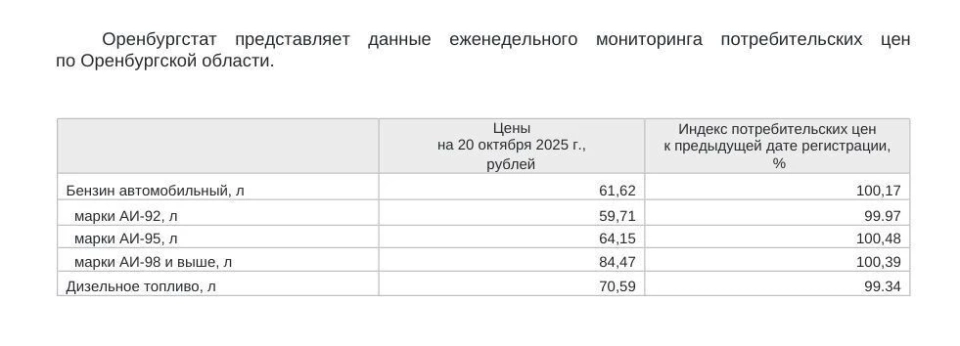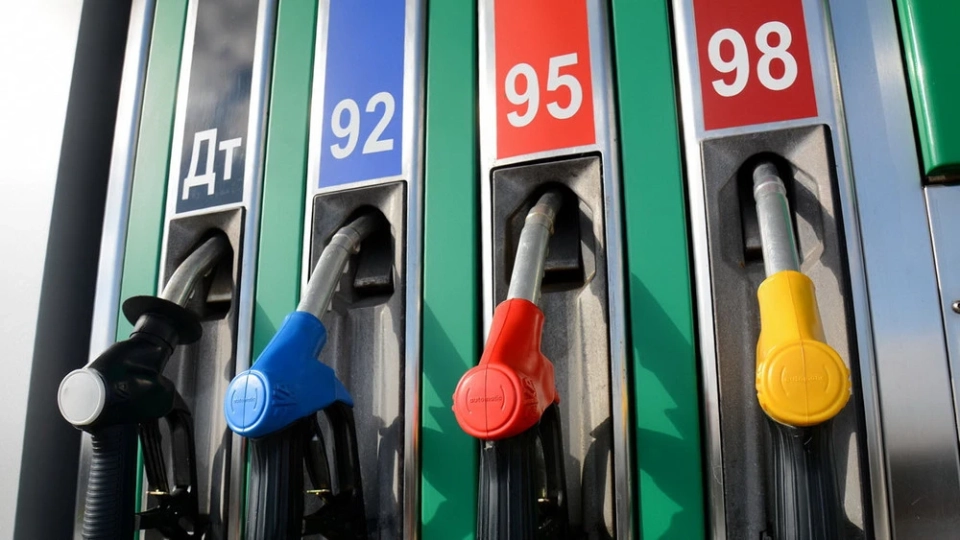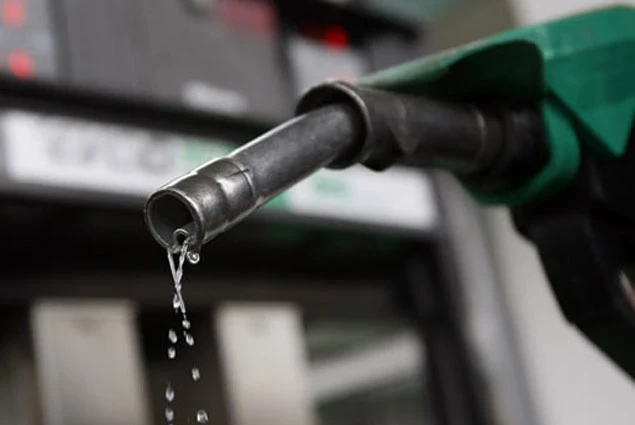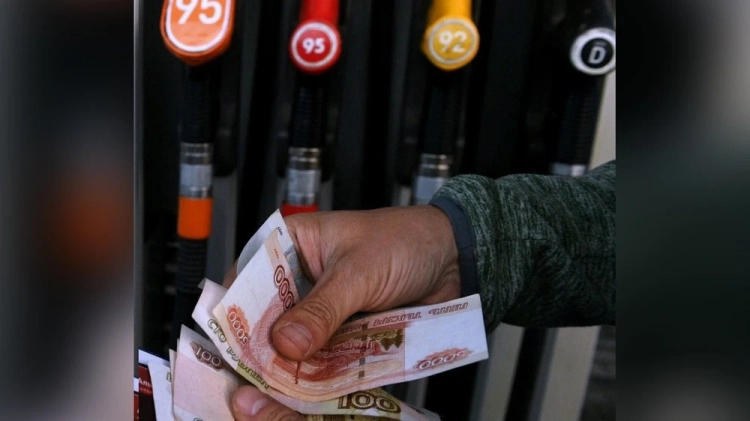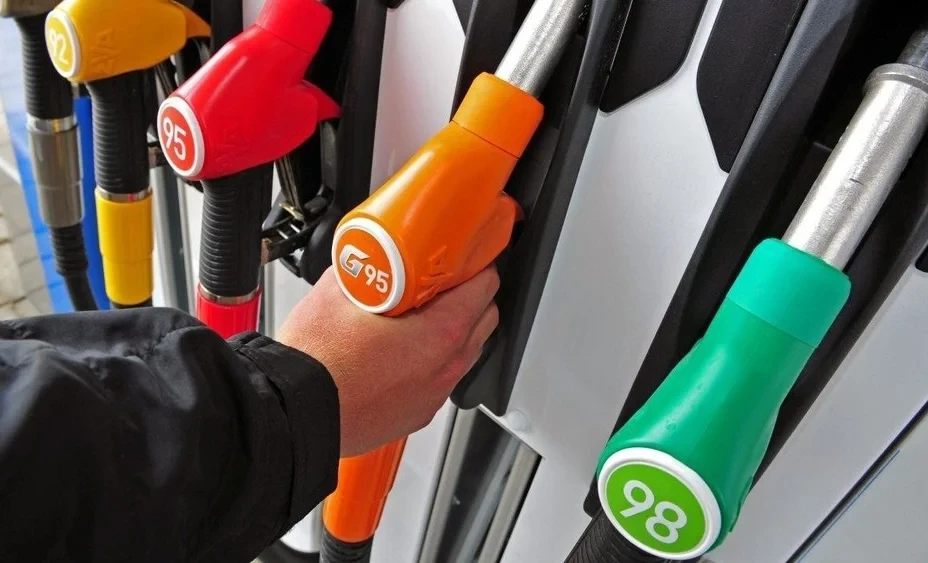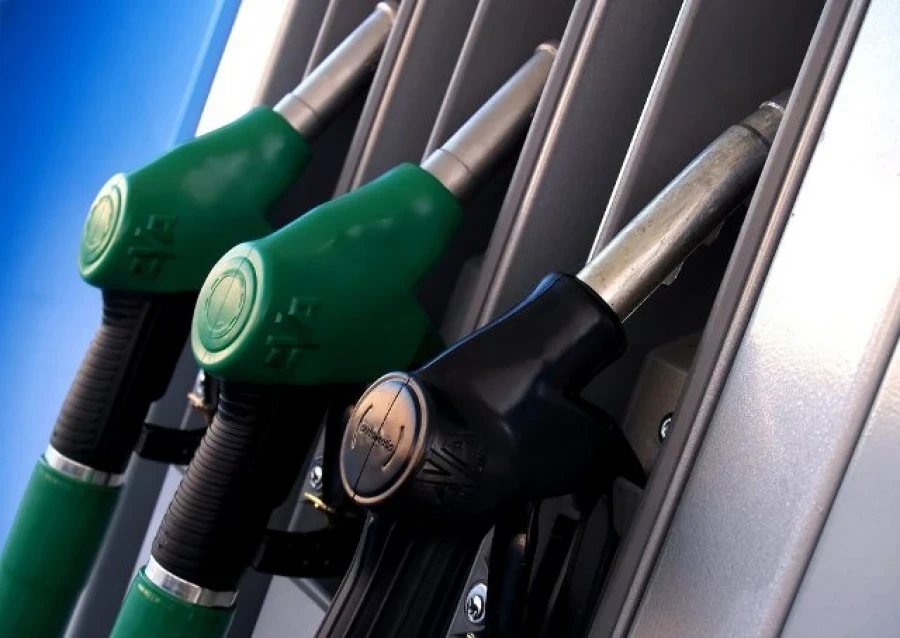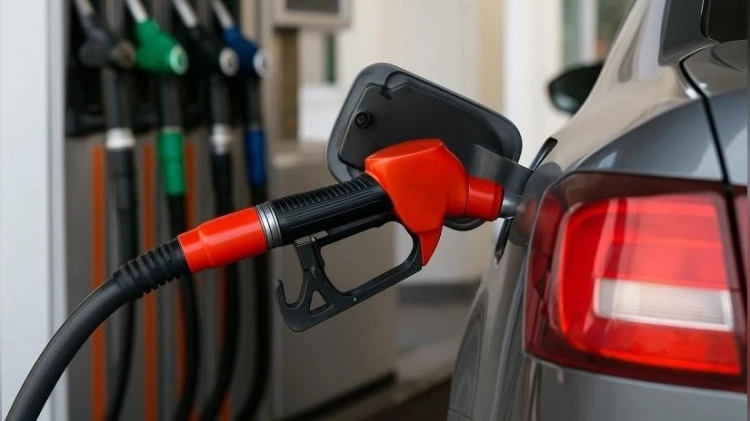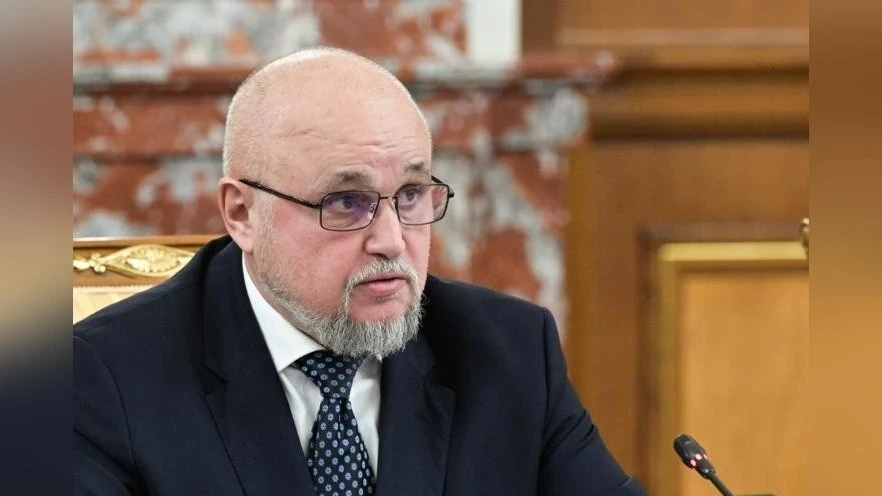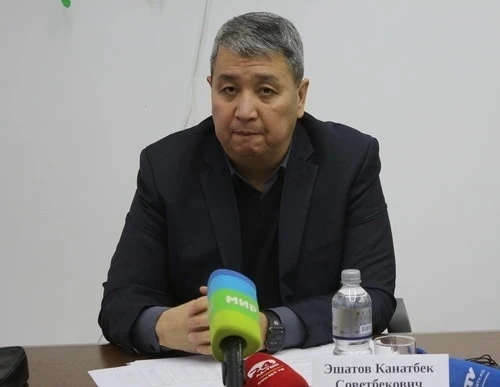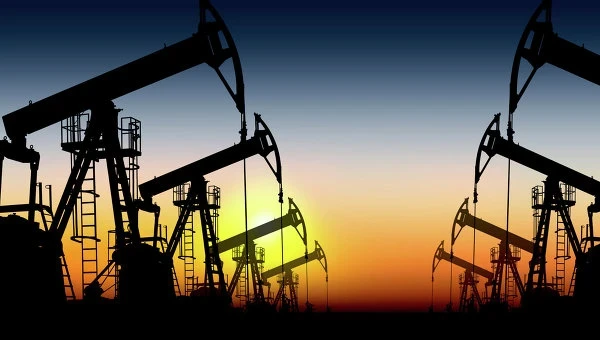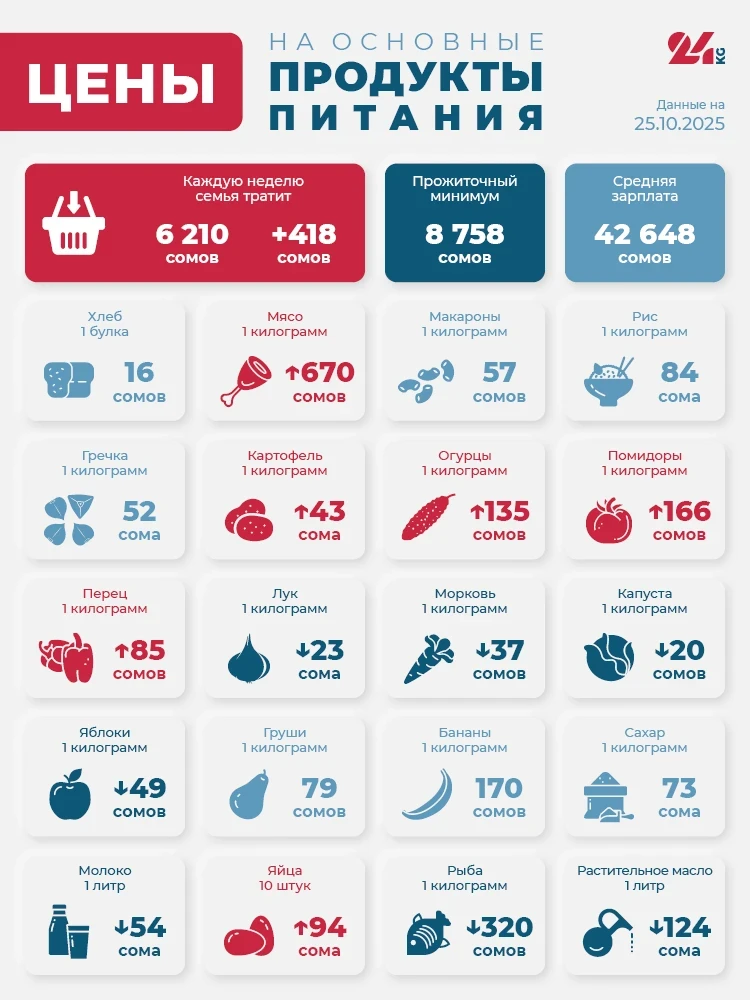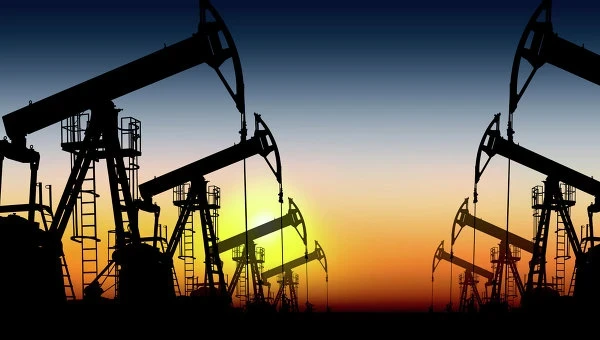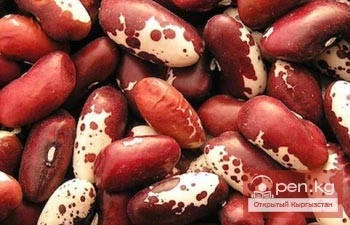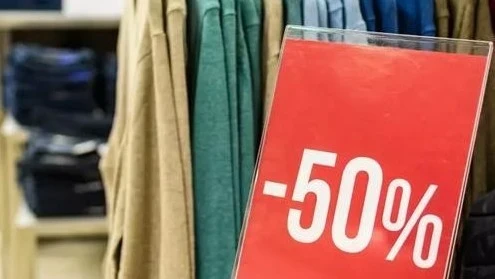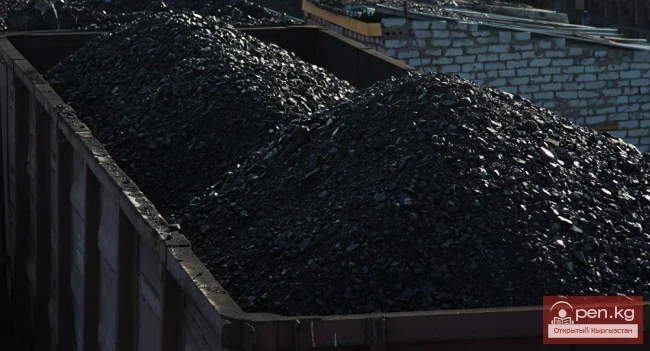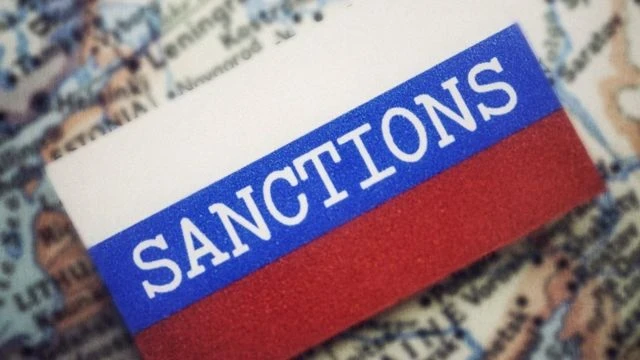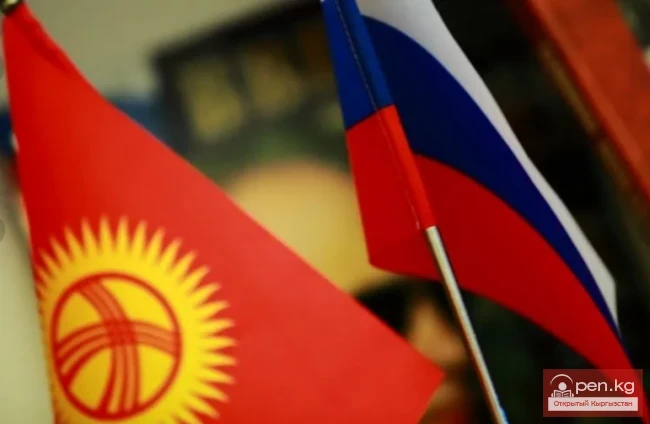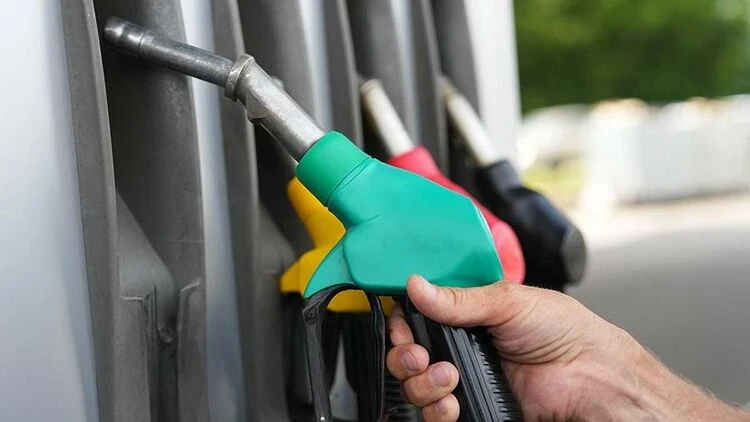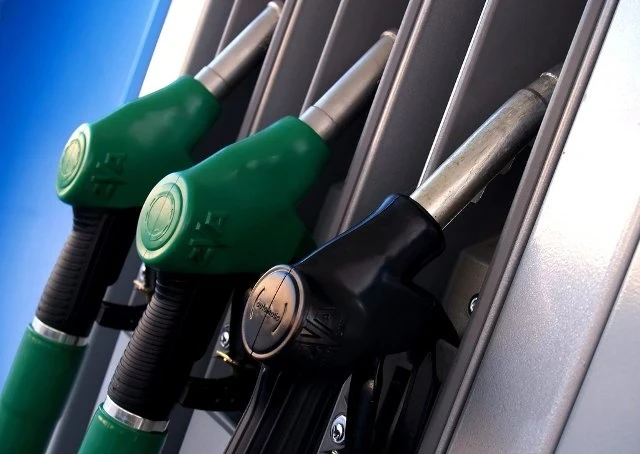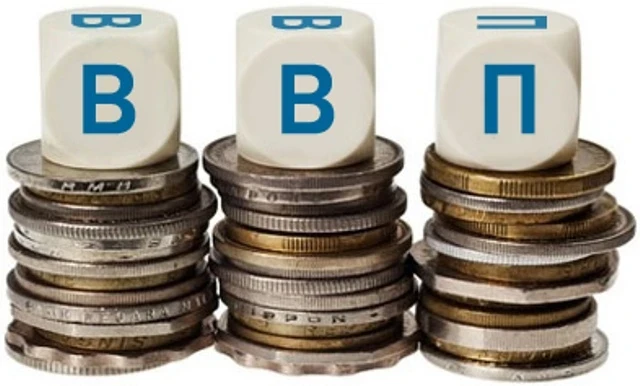Motorists in various regions of Russia are facing rising gasoline prices. Each week, refueling becomes increasingly expensive, causing concern among drivers. What is the reason for this price increase? Questions on this matter were addressed to an expert, and the answers are presented in the material from 56media.
Gasoline Prices in the Orenburg Region: Weekly Increase
According to statistical data as of October 20, the average gasoline prices changed as follows:
- The price of a liter of AI-92 gasoline, which was 59.73 rubles on October 13, decreased to 59.71 rubles on October 20 (a decrease of 3 kopecks);
- The price of a liter of AI-95 gasoline increased from 63.85 rubles to 64.15 rubles (+30 kopecks);
- The price of a liter of AI-98 and higher rose from 84.14 rubles to 84.47 rubles (+33 kopecks).
Reasons for Fuel Price Increases in Russia: Expert Opinions
The editorial team of 56media reached out to the press service of the AutoSpecialCenter Group to find out what is behind the rising gasoline prices in the country.
According to experts, several factors influence this trend. In particular, there is a noted reduction in oil refining volumes due to technical problems at oil refineries.
— From the beginning of the year until August 2025, daily gasoline production decreased from 123.6 to 102.2 thousand tons due to planned and unplanned shutdowns of refineries, — the specialists explained. There are also logistical issues, such as a shortage of rolling stock and changes in delivery schemes, which complicate supplies to the Far East.
Additionally, demand affects prices, which is sometimes artificially created — people start stockpiling gasoline in canisters, leading to shortages.
— This is especially relevant in the fall when the heating season begins and agricultural work is carried out. Since August, gasoline prices on the exchange have increased by 12%. In September, the price of AI-95 exceeded 82 thousand rubles per ton, while AI-92 reached 72 thousand rubles per ton, making it difficult for independent gas stations to procure fuel. As a result, from July to September, the number of operating gas stations decreased by 2.6%.
Regarding fuel supplies to Russia, experts are considering the possibility of abolishing duties on imports from China, Singapore, and South Korea.
There is also the question of whether similar situations will recur in the fuel market in the future and how to prevent them.
— Without systemic changes, such as modernizing refineries and railways, as well as revising tax policies, similar crises may arise again.
